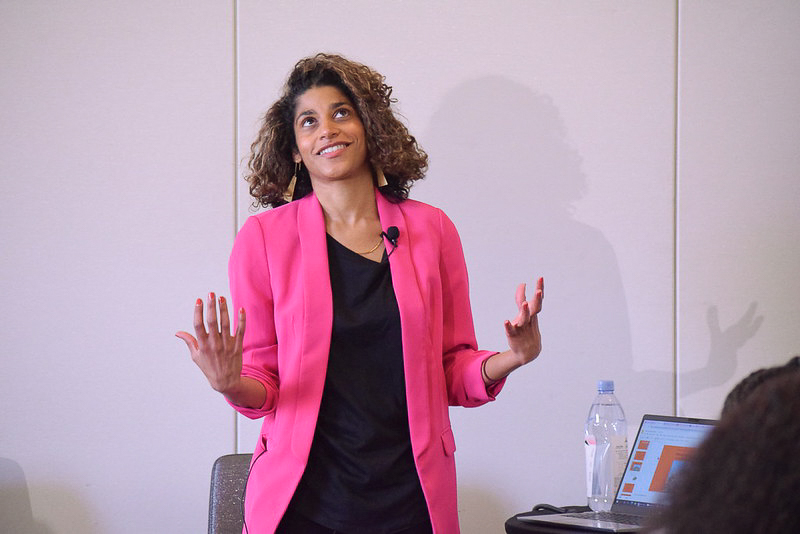In an era of unprecedented government scrutiny, protecting confidential sources has become more difficult than ever for U.S. journalists and attorneys who defend those sources. In a wide-ranging discussion with the National Press Foundation’s Paul Miller fellows, national security correspondent Eric Lichtblau and whistleblower attorney Jesselyn Radack urged a deeper commitment to guarding whistleblowers – employees who report wrongdoing and whose cooperation is crucial to delivering consequential journalism that serves the public interest.
The reporter-source relationship can be complicated, they said, by ambiguous agreements for how information may be used, putting sources at potential risk. Lichtblau and Radack said the rules of the road should be clear and shared advice on how reporters can protect sources and themselves. One important reminder to reporters in Washington: there is no federal shield law.
Key quotes from Lichtblau, two-time Pulitzer Prize winner formerly with The New York Times:
“The relationship between reporters and sources is really a sacred trust.”
“The most sensitive conversations, have them in person, not over the phone in case there’s a wiretap … or even again the metadata with the record showing [the length of the call] … I wouldn’t record a sensitive conversation.”
Key quotes from Radack, director of the Whistleblower and Source Protection Program
“There are not many defenses for the whistleblowers and sources… They thought they were just telling the truth about something that was going on, and they didn’t realize that they were blowing the whistle on something that was going to subject them to charges under the Espionage Act.”
“You’re the front end in terms of explaining source protection … there’s so many different permutations of off the record, on the record, on background, on deep background, that from this end of it as a lawyer I feel like you need to explain to people what that means.” Even if they’ve been sources before.
Read the full transcript here.







